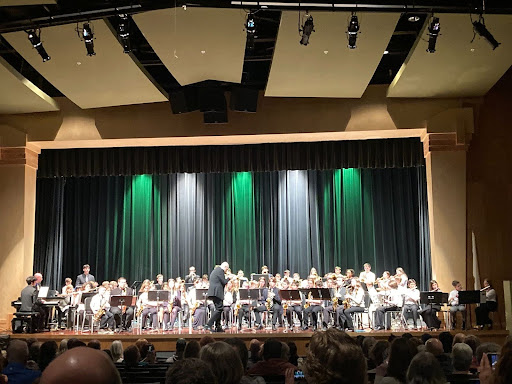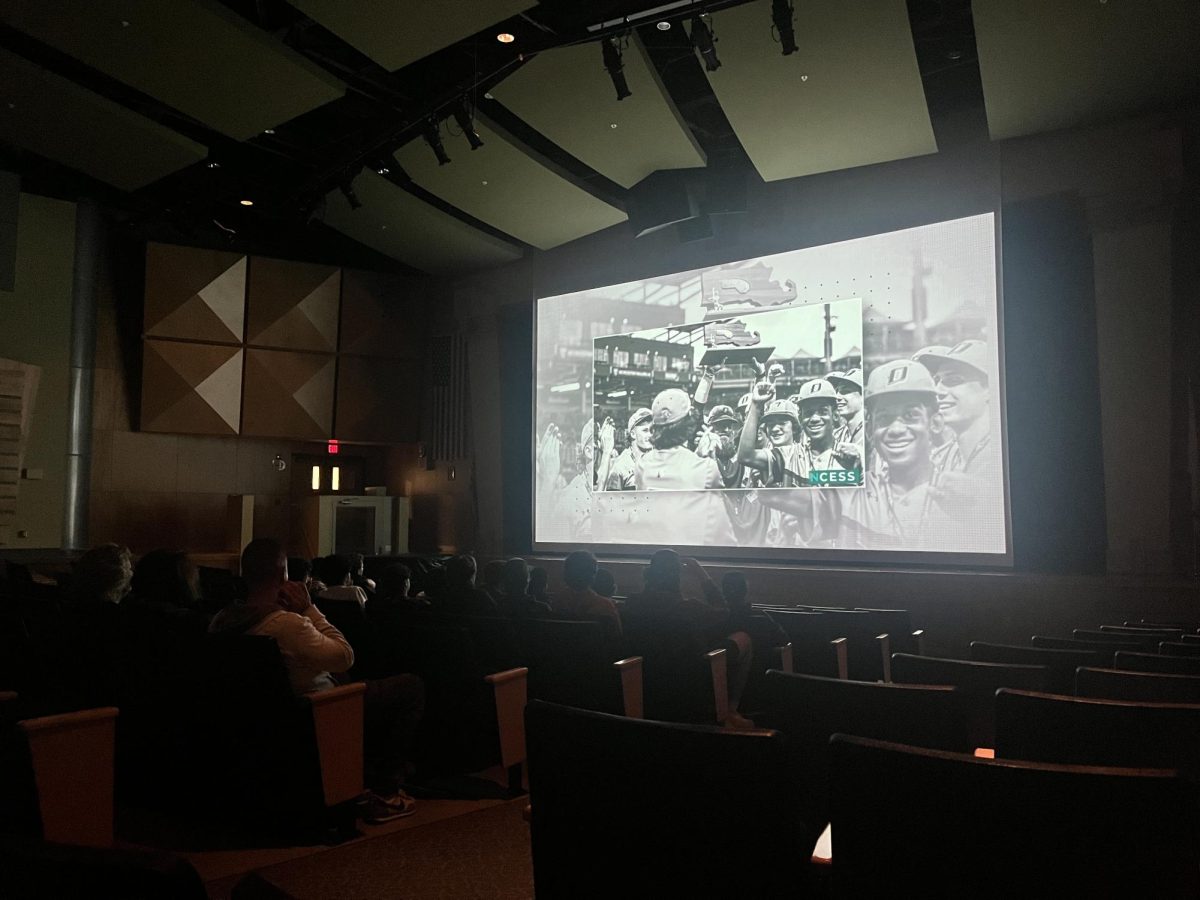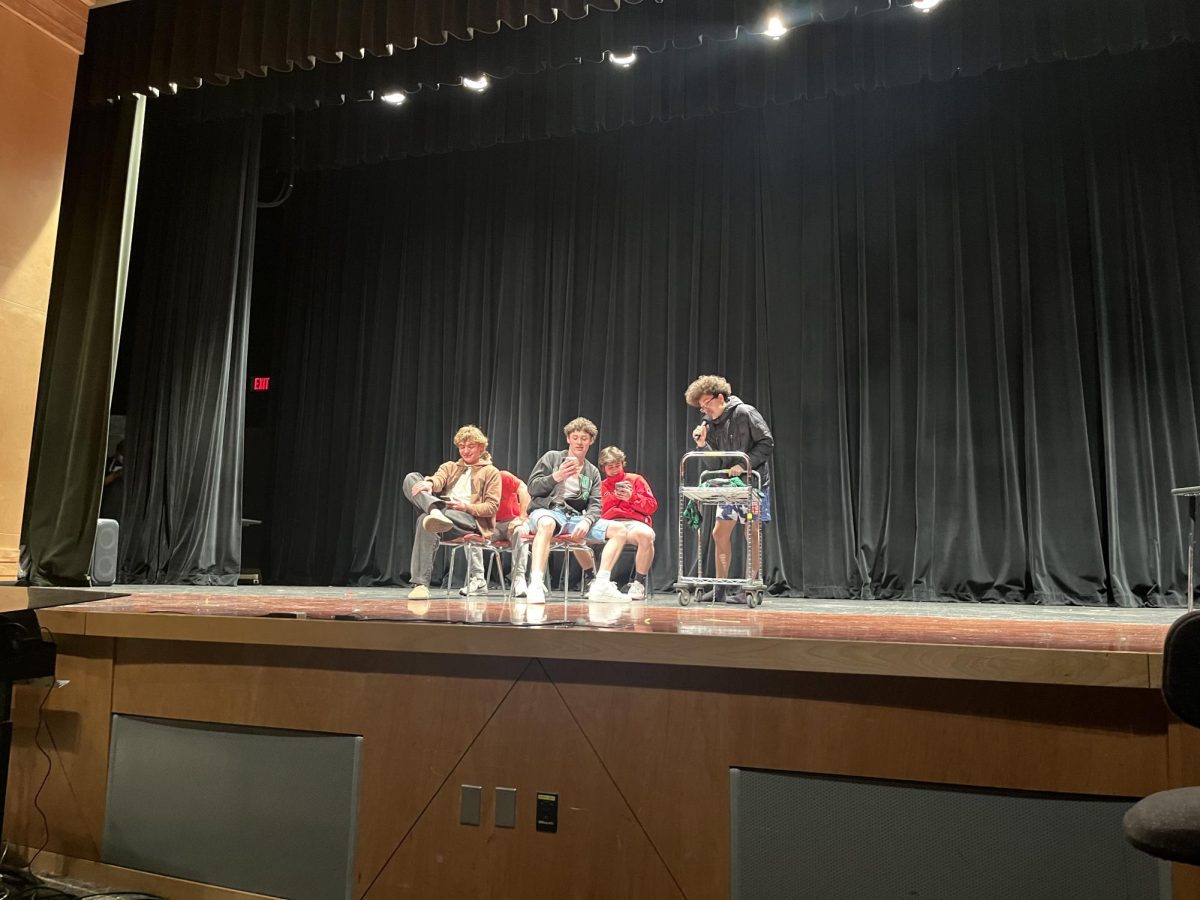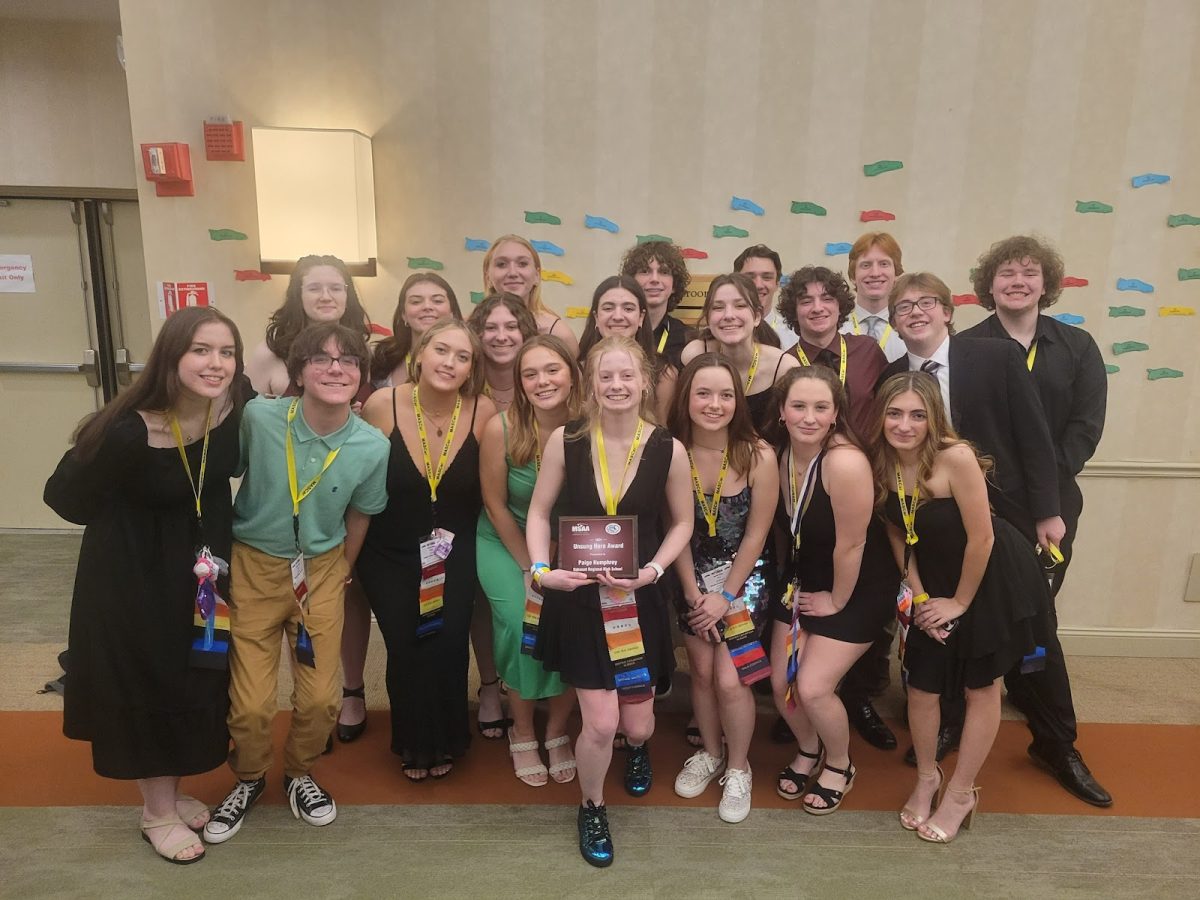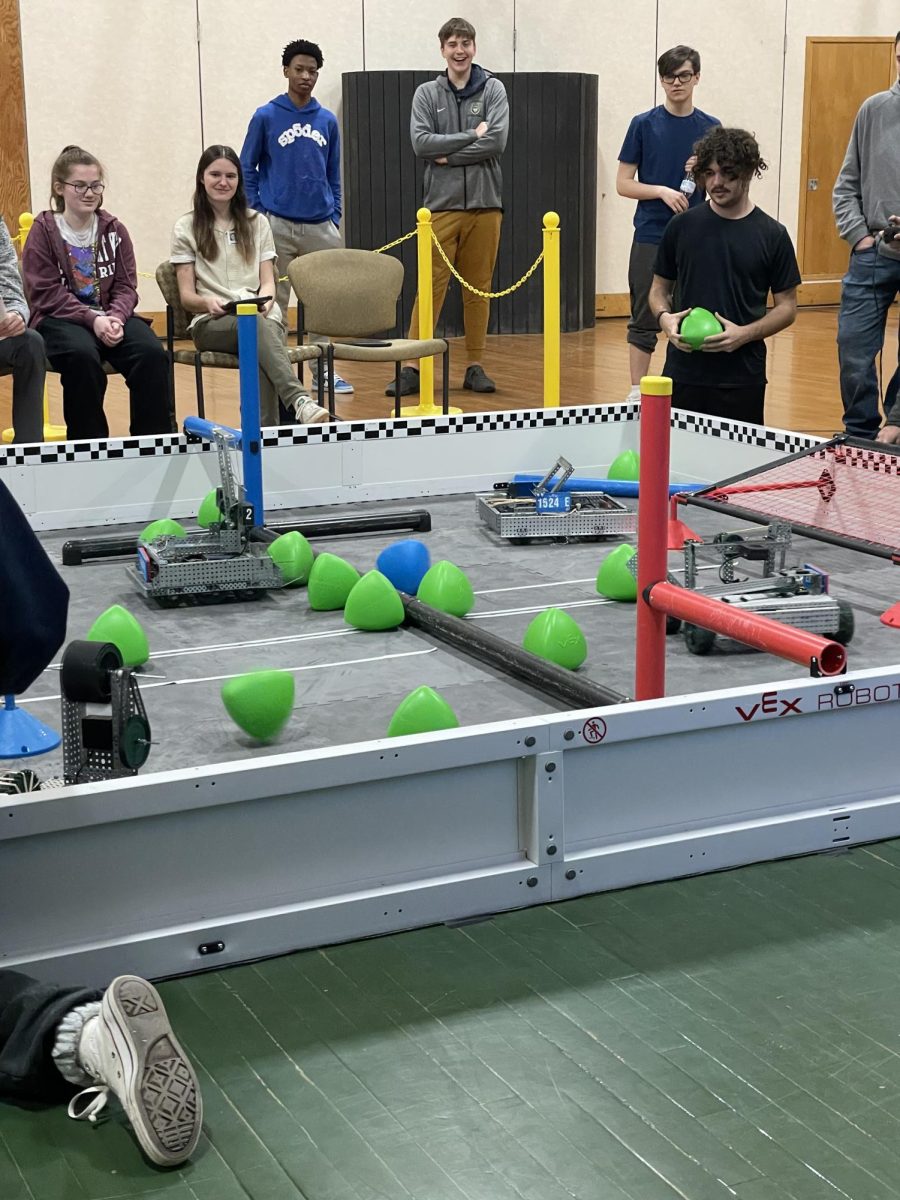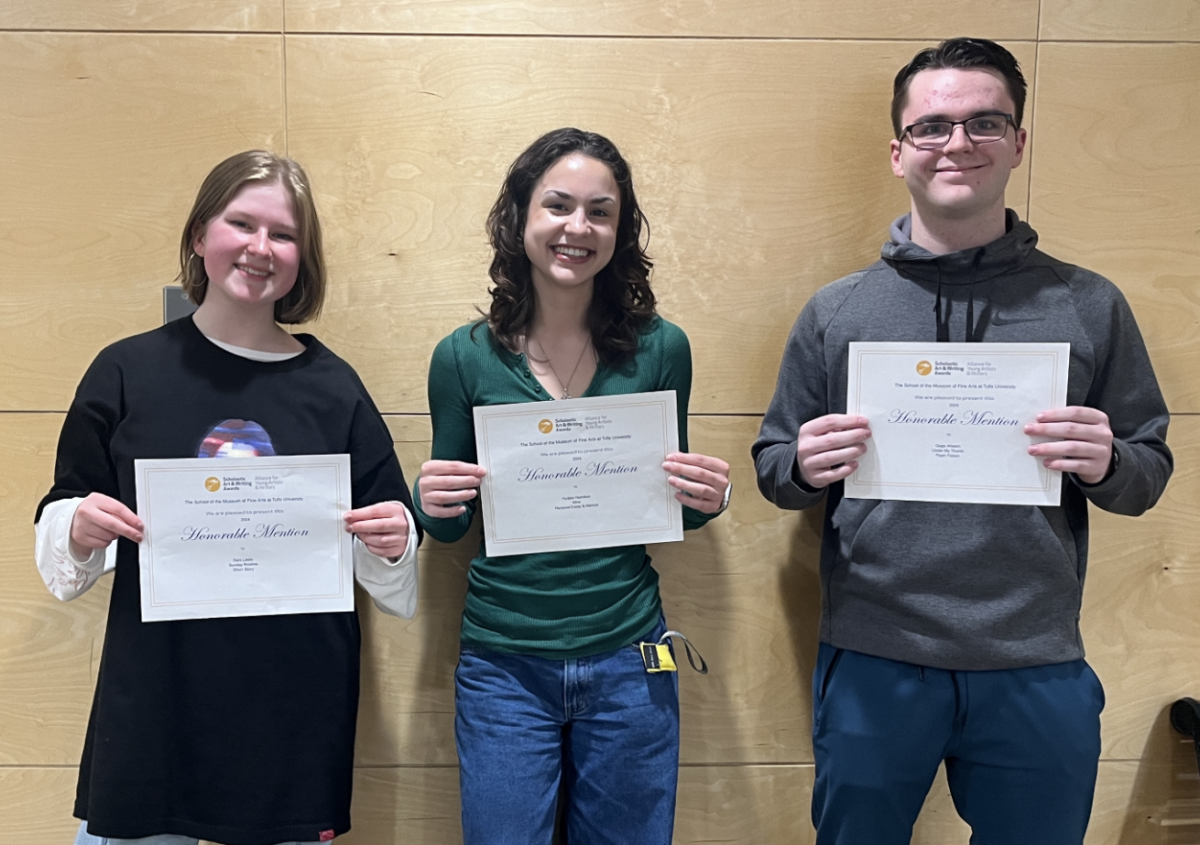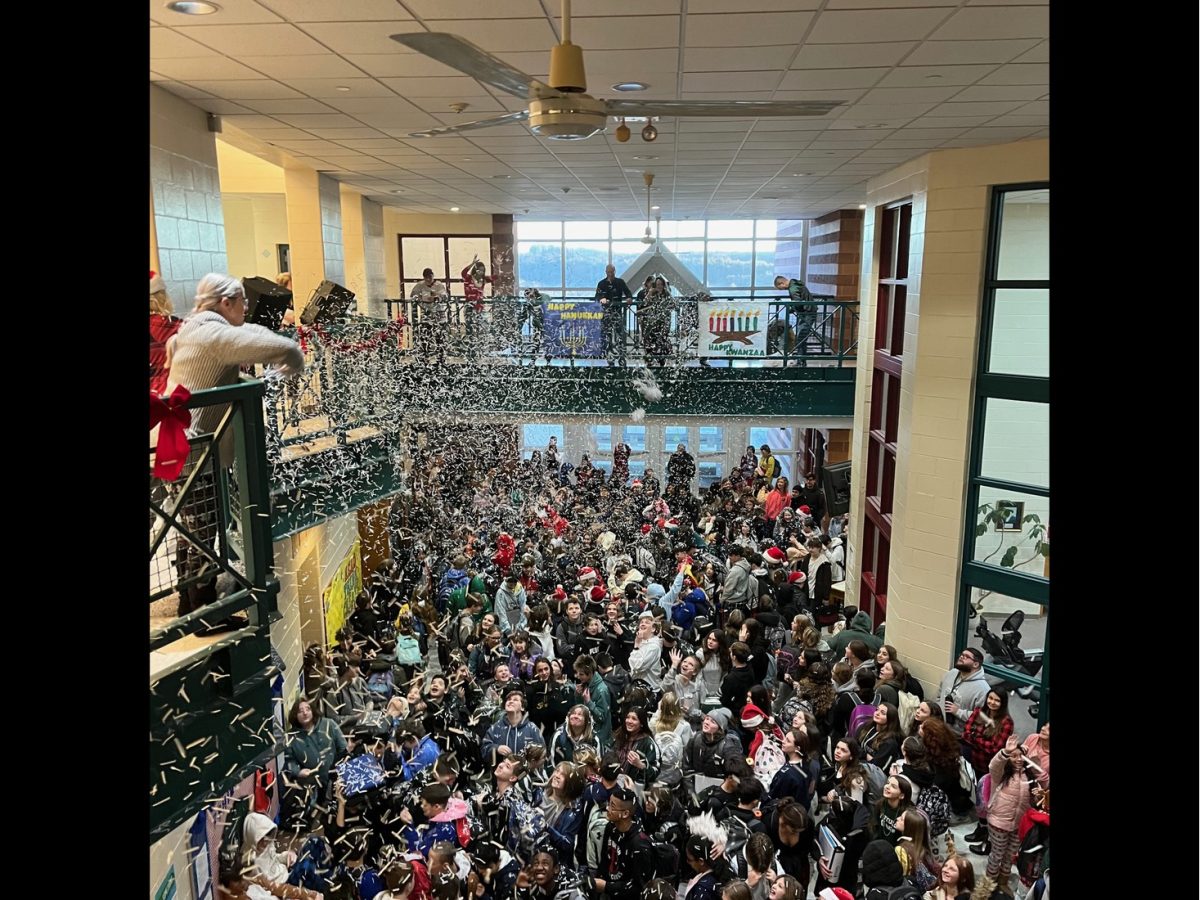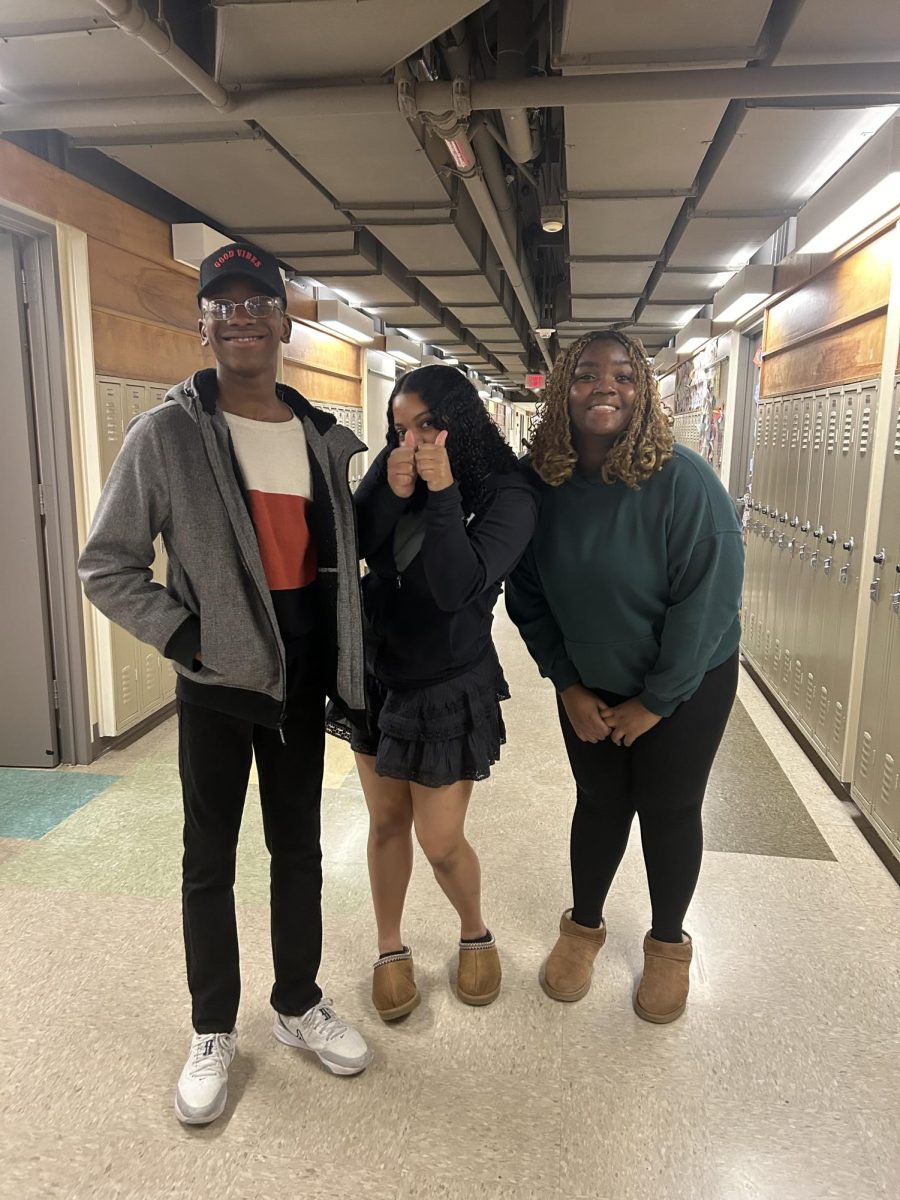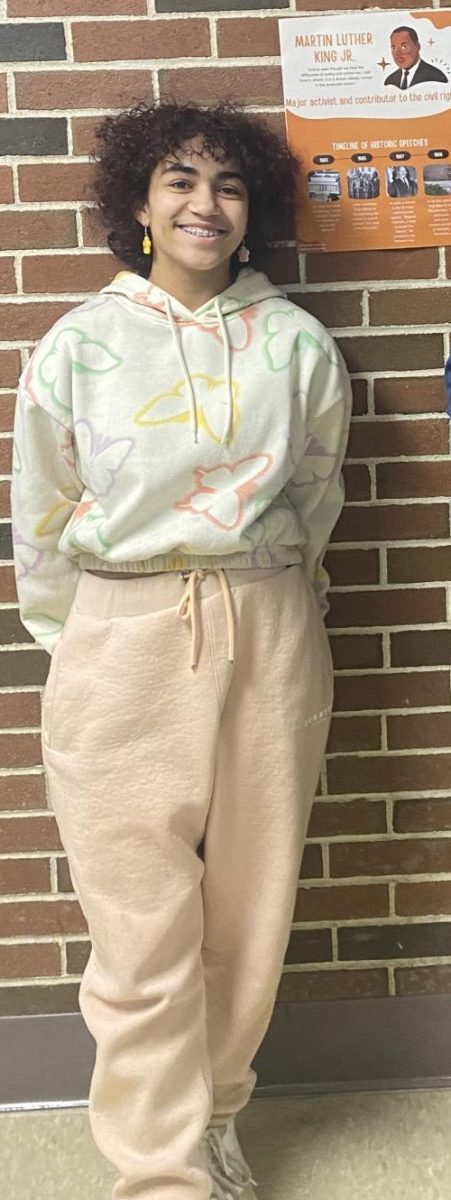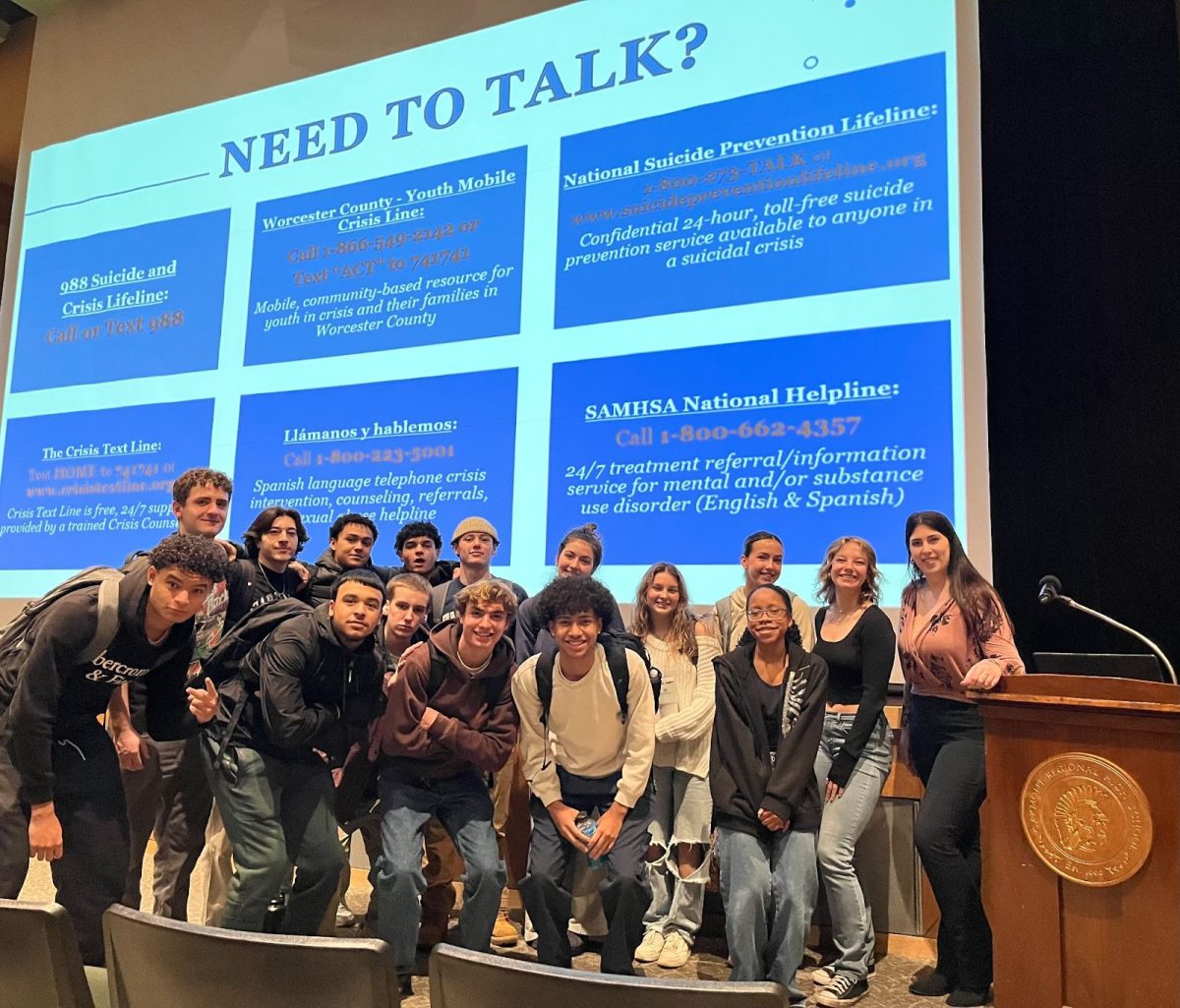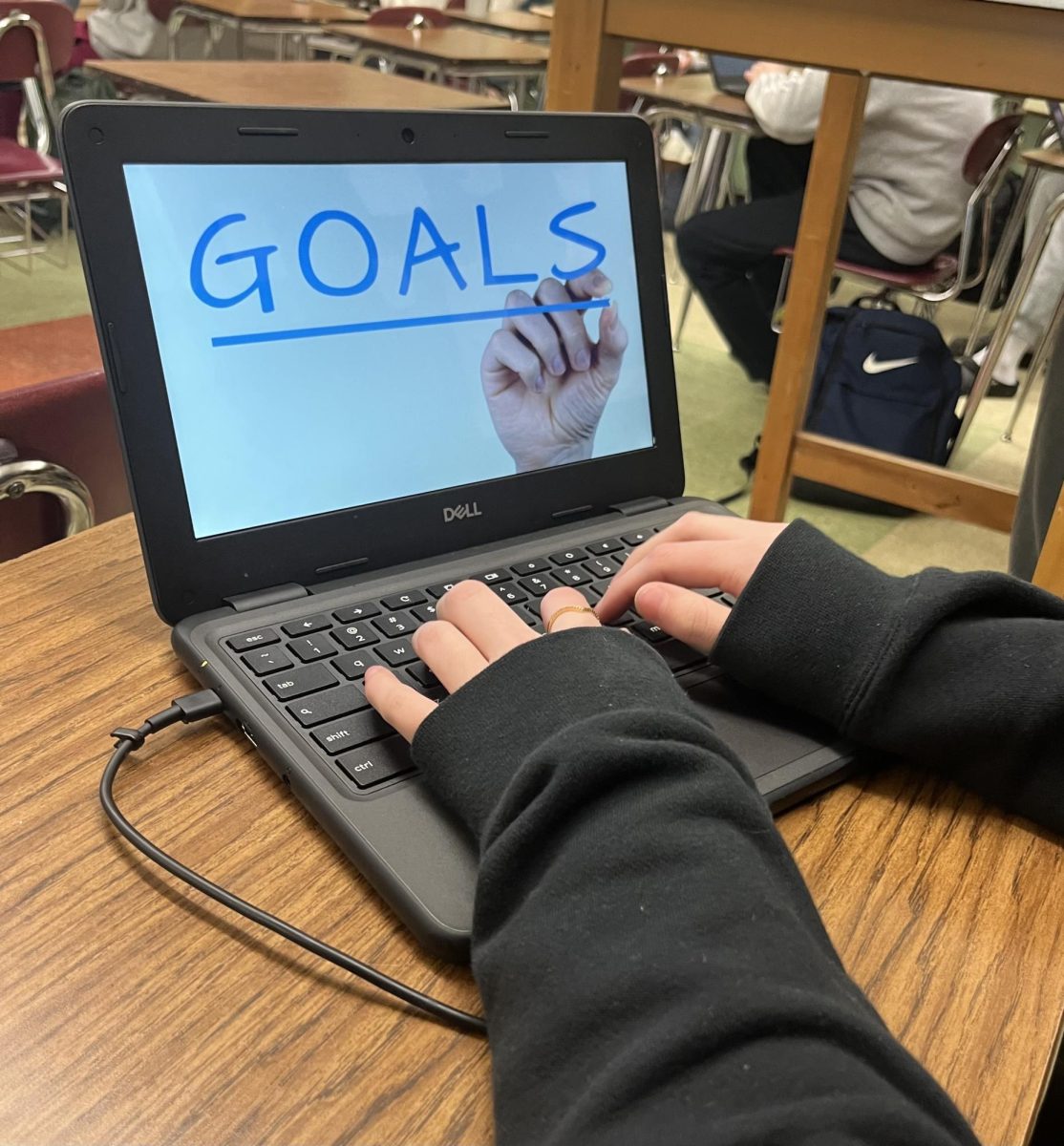Phones are a massive part of teenagers’ lives. Whether it’s scrolling on Tik Tok, responding to snapchats, or looking at Instagram reels, almost every teen spends time on their device. At Oakmont Regional High School, however, students were encouraged to kick this habit for 24 hours.
Mrs. Jenna Morin, the school librarian, is the Chair of the school-wide Summer Literacy Committee, which is the group that decides the summer literacy each year. Oakmont uses the term literacy because, as Morin says, “literacy is so much more than just reading.”
This year’s summer literacy was How to Break Up with Your Phone by Catherine Price. The book gives readers a step-by-step guide to “breaking up” with their device, while also warning of the dangers too much screen time poses. Morin, who read the book herself, said she liked How to Break Up with Your Phone because it’s “way more realistic and acknowledges [the phone] is a useful tool.” Price believes that phones don’t need to be given up entirely in order for people to be happy. She just aims to reduce the amount of time people waste endlessly scrolling.
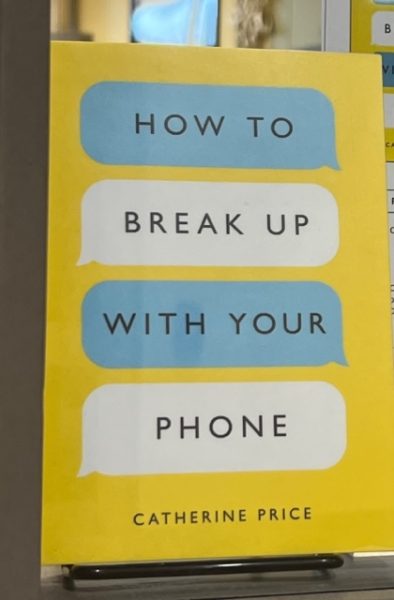
To follow up on the reading, Oakmont did a Summer Literacy Day on Wednesday, August 30th. Students were encouraged to break up with their phones for 24 hours in honor of the book. Understanding that contact with parents or employers is sometimes necessary, those who couldn’t fully give up their phone were encouraged to spend less time on it.
Morin also ran a raffle that students were entered into if they completed a bingo card. The card encouraged students to participate in activities that don’t require a device, like hiking Mt. Wachusett or going thrifting. Completed cards were to be turned in before the literacy day.
To better understand student’s relationships with their phones, a Google form survey was sent out. One question asked how old they were when they got their first phone. The results were extremely mixed, with some students not having a smartphone yet, and others getting their first one as young as four years old.
Students were also asked how many hours a day they spent on their phone, and how many times they picked up their phone each day. Responses ranged from 15 minutes to 20 hours. The amount of pick-ups ranged from two to over 400. Oakmont’s average time a day on the phone was about 5 ½ hours, which Morin expected to be higher.
Some students said that the book and the activities that went along with it made them think more about their screen time. Junior Andrew Morris said he “checked his hours and noticed the amount of time a day” he spent on his phone when the school talked about it.
This is exactly what Morin wanted students to do, saying, “I wanted people to think about the time they think they spend on their phone and then see how much they actually spend.”
Jayden Barnaby-Feldhus, a sophomore at Oakmont, was one of the students who was able to complete the challenge. “I actually did the 24 hour no-phone challenge. It wasn’t too difficult for me. I just decided to do other things like playing a sport or cooking food. I honestly liked the feeling of freedom from not using my phone and the only thing I missed was the ability to talk to my friends.”
A book like How to Break Up With Your Phone is not just for teenagers either. Acknowledging that she herself feels addicted to her phone sometimes, Morin said that anyone could benefit from reading the book. To her, the summer literacy was “just as much for the teachers as the students.”
Dr. Natalie Stassen, a biology teacher at Oakmont, said that she found it most challenging to not turn her phone on at night: “My bedtime routine involves listening to books to fall asleep and those audiobooks are all on my phone. But I did manage to fall asleep in silence.” The next day, Stassen saw the benefits of breaking up with her phone even more. She ran errands and “left my phone at home. The world went along fine without that attachment.”
Summer Literacy Day was a great way to get students and teachers thinking about how they spend their hours. Everyone could use a little reflection time every once in a while, and this year Oakmont’s book made us do just that. Thank you to Mrs. Morin for all of your coordination, and to the members of the Summer Literacy Committee: Mrs. Cote, Mrs. Dubovick, Mrs. Campagna, Mr. Dewherst, Mrs. Morse, Ms. Martin, and Dr. Stassen.
** Last year’s article: https://oakmonitoronline.com/6031/news/oakmont-one-of-many-schools-cracking-down-on-phones/


